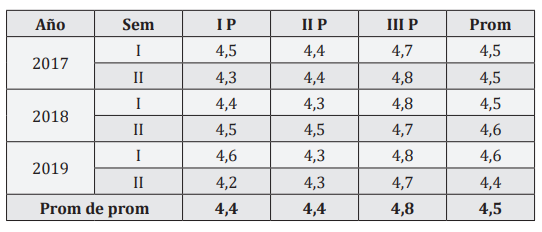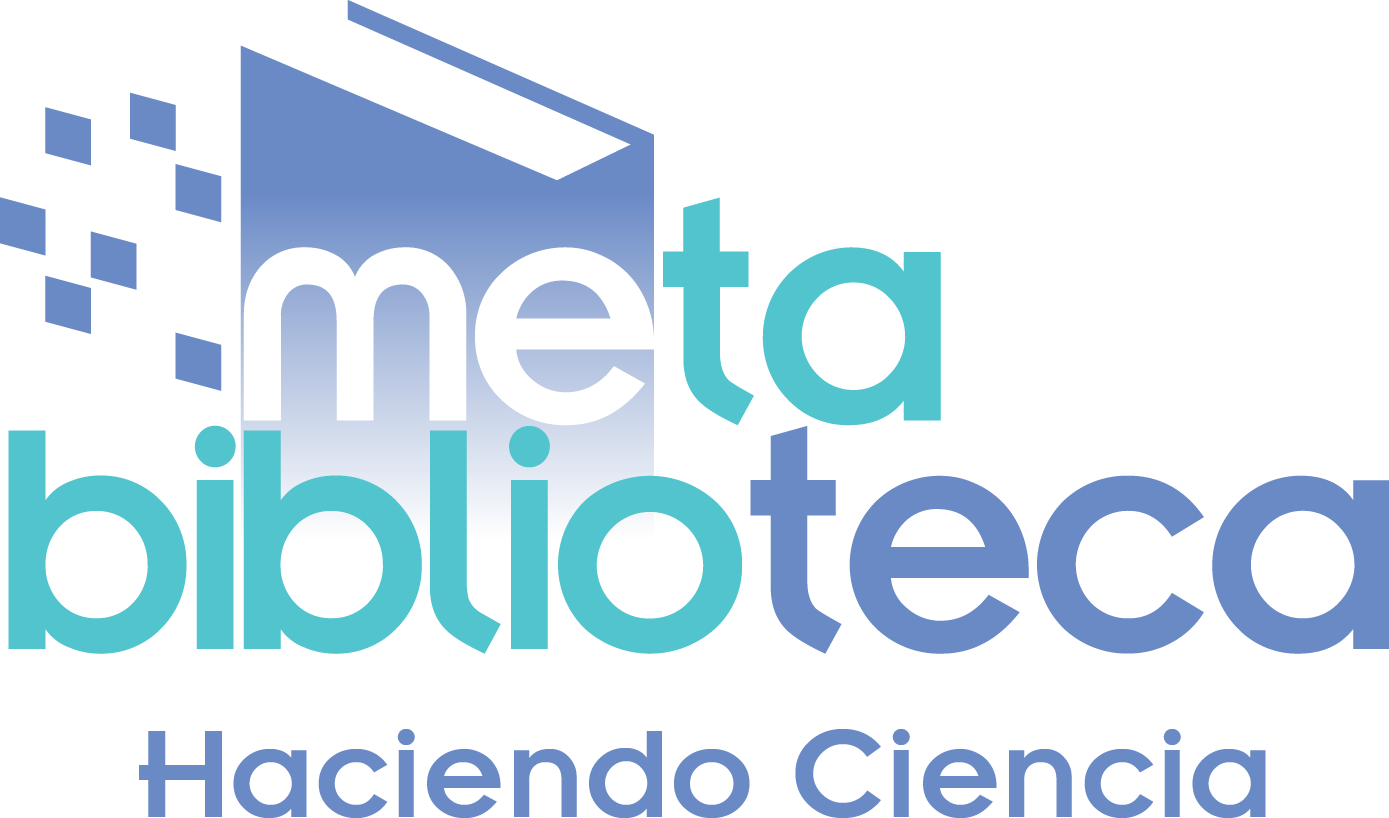An strategy to learning of programming from projects in systems engineering
Estrategia de aprendizaje de la programación a partir de proyectos en ingeniería de sistemas


This work is licensed under a Creative Commons Attribution-NonCommercial-NoDerivatives 4.0 International License.
Copyright statement
The authors exclusively assign to the Universidad EIA, with the power to assign to third parties, all the exploitation rights that derive from the works that are accepted for publication in the Revista EIA, as well as in any product derived from it and, in in particular, those of reproduction, distribution, public communication (including interactive making available) and transformation (including adaptation, modification and, where appropriate, translation), for all types of exploitation (by way of example and not limitation : in paper, electronic, online, computer or audiovisual format, as well as in any other format, even for promotional or advertising purposes and / or for the production of derivative products), for a worldwide territorial scope and for the entire duration of the rights provided for in the current published text of the Intellectual Property Law. This assignment will be made by the authors without the right to any type of remuneration or compensation.
Consequently, the author may not publish or disseminate the works that are selected for publication in the Revista EIA, neither totally nor partially, nor authorize their publication to third parties, without the prior express authorization, requested and granted in writing, from the Univeridad EIA.
Show authors biography
The adoption of teaching and learning strategies is one of the challenges required in modern times by teachers are conducting programming courses in engineering and who conducts training processes either in the secondary school or at the university level. The objective of this article is to present the methodology, the results obtained, and the corresponding analysis of an investigation made in parallel with two groups of computer programming over three years. With one we adopted the learning methodology based on projects and with the other one the traditional teaching and learning methodology was maintained. The results show that when the corpus of knowledge of computer programming is related to the development of specific projects, since the beginning, a great impact is generated in the learning process by students because the knowledge acquire acquires meaning the conclusions indicate that is very convenient to adopt a project learning methodology in a computer programming course.
Article visits 316 | PDF visits 350
Downloads
- Acevedo, K. R. (2019). La educación en la sociedad del conocimiento. Revista Torreón Universitario, 8(22), 79 - 83.
- Baca, G. (2015). Evaluación de Proyectos. Ciudad de México D.F.: McGraw-Hill.
- Baker, T. (2013). Connectivism & Connected Knowledge. NewYork (USA): Amazon Digital Services.
- Ballester Valori, A. (2011). Meaningful Learning in practice. Islas Canarias: Universitat de les Illes Ballears.
- Barbara, J. e. (2012). How to write a scientific article. International Journal of Sports Physical Therapy, 7(5), 512 - 517.
- Beecher, K. (2017). Computationa thinking for solving problem. Londres: Charted Institute.
- Bello, R. (2018). La educación en la sociedad del conocimiento. N.Y.: Kindle Unlimited.
- Bruner, J. (2010). Actos de significado. Buenos Aires: Gedisa.
- Calvo, J. (2011). Aprendizaje basado en el problema. Murcia (España): Editorial Diego Marín.
- Chen, F. e. (2017). Formation of ICT competence of future university teachers. Open Access Journal, 13(8), 4765 - 4777.
- Creekmore, J. D. (2015). The active learning classroom. Stillwater, USA: New Forums Press.
- Day, R. (2005). How to write and publish scientific works. Washington: The Oryx Press.
- Demchenko, I. (2016). Forming of futures teachers ICT competence. Revista De Gruyter Open., 6(1), Págs. 54 - 61.
- De Zubiría Samper, J. (15 de Junio de 2017). El papel de la investigación en la consolidación de las innovaciones. Revista Educación y Ciudad (IDEP)(32), Págs 15-21.
- De Zubiría, J. (mayo 2017). Los modelos pedagógicos. Encuentro Nacional de Pedagogía. Popayán (Cauca): Universidad del Cauca.
- De Zubiría, J. (2006). Los modelos pedagógicos, hacia una pedagogía dialogante. Bogotá. Editorial Magisterio.
- Diaz Barriga, F., & Hernandez Rojas, G. (2002). Estrategias docentes para un aprendizaje significativo. México: McGraw Hill.
- Diaz, N. (26 de junio de 2022). Las TIC al servicio de la educación y de la sociedad. Tucumán, Argentina: Universidad Siglo 21.
- Fuentes Rosado , J., & Moo Medina, M. (Julio de 2017). Dificultades de aprender a programar. Revista Educación en Ingeniería - ACOFI, 12(24), 76-82.
- Medina, J. (2010). Los 12 principios del cerebro. Bogotá: Grupo Editorial Norma.
- Muñoz Guerrero, L. (2019). Tesis Doctoral Modelo de socialización del conocimiento profesional aprovechando NTICs, redes sociales y sus servicios asociados y desarrollo de competencias blandas con grupos interdisciplinarios en Ing de Sistemas. Pereira (Risaralda): Doctorado en Ciencias de la Educación RudeColombia.
- Ortiz, A. (2018). Modelos Pedagógicos y Teorías del Aprendizaje. Bogotá: Ediciones de la U.
- Pelletier, K. e. (2022). 2022 Educause Horizon Report - Teaching and Learning Edition. Boulder, CO: Educause. Obtenido de https://www.educause.edu/horizon-report-teaching-and-learning-2022
- Strawser, M. (2022). Higher Education Implications for Teaching and Learning during COVID-19. London, UK: Lexington Books.
- Trejos Buriticá, O. (2017). Lógica de Programación. Bogotá. - Colombia: Editorial Ediciones de la U.
- Trejos Buriticá, O. (septiembre 2020). Aprendizaje de la programación con estrategia “divide and conquer” vs sin estrategia “divide and conquer”. Revista Entre Ciencia e Ingeneiría. 14(28). 34-39.
- Van Roy, P., & Haridi, S. (2004). Concepts, Techniques, and Models of computer programming. Boston, USA: MIT Press. ISBN-13 : 978-0262220699.
- Vives Hurtado, M. (2016). Modelos pedagógicos y reflexiones para las pedagogías del sur. Boletín Virtual, 8(11), 1-16.
- Wing, J. (Marzo de 2016). Computational Thinking. Communications on the ACM, 49(3), 33-35.




